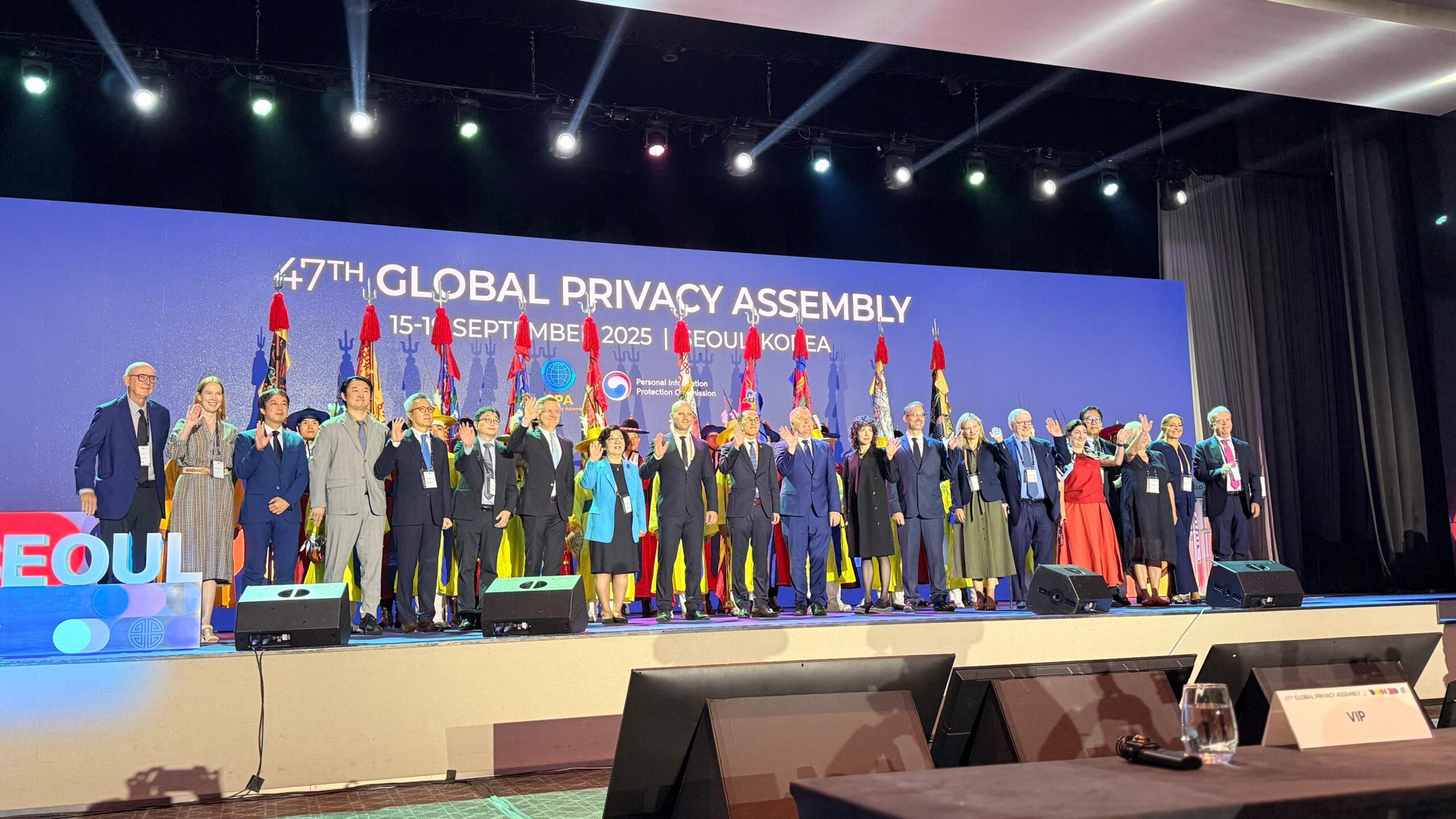Showing results for virg use xped free bet promo code vietnam

FPF AARNET Youth Privacy in Australia
[…] Policy ____________________________________________ 4 4. Education as a Shared and Evolving Responsibility _________________ 5 5. Engaging Youth as Stakeholders, Not Just Beneficiaries _____________ 5 6. AI: The Dual- Use Dilemma ___________________________________ 5 7. Trust as an Outcome of Good Policy and Design ___________________ 6 IV. CONCLUSION ______________________________________________ 6 EVENT DESCRIPTIONS AND SPEAKERS ____________________________ 7 Event […]

What’s New in COPPA 2.0? A Summary of the Proposed Changes
[…] Senators Markey (D-MA) and Cassidy (R-LA) most recently reintroduced their version of this framework in March 2025–one that is distinguishable from this new House version in several meaningful ways. Note: For more information on the exact deviations between the current Senate and House versions of COPPA 2.0, click the button below for a redline comparison of these two proposals.

What’s New in COPPA 2.0? A Summary of the Proposed Changes
[…] maintains the actual knowledge threshold for operators, except for “high-impact social media companies” who would be subject to an actual knowledge or willful disregard standard. The House’s use of an actual knowledge or willful disregard standard for large social media companies tracks with the emerging trend in some state privacy laws that provide heightened […]

Comparison of COPPA 2.0
[…] service, online application, or mobile application of the operator, excluding any activity relating to individual-specific advertising provided to children or teens; and (ii) does not disclose or use that personal information for any other purpose; and (B) making personal information collected from a child or teen by a website or online service website, online […]

Student Privacy Pledge
[…] Pledge in 2014 as a voluntary, public, and legally enforceable statement by edtech companies to safeguard student privacy, built around a dozen privacy commitments regarding the collection, maintenance, use, and sharing of student personal information. Since it was introduced in 2014, nearly 500 edtech companies have signed the Pledge. The Pledge was not intended as a […]

FPF Holiday Gift Guide for AI-Enabled, Privacy-Forward AgeTech
[…] Mobility and Movement AgeTech This category is all about keeping the adventure going, whether it’s a trip across town or safely navigating the living room. These gifts use AI-driven features to support physical activity and reduce the worry of falls or isolation. Think of them as the ultimate support tech for staying active. For […]

GPA 2025: AI development and human oversight of decisions involving AI systems were this year’s focus for Global Privacy regulators
[…] data protection. This year, the GPA adopted three resolutions after completing its five-day agenda, including two closed-session days for members and observers only: Resolution on the collection, use and disclosure of personal data to pre-train, train and fine-tune AI models Resolution on meaningful human oversight of decisions involving AI systems Resolution on Digital Education, […]

Comparative table_ EU AI Act – South Korea AI Framework Act – Japan AI Promotion Act (2)
[…] p riv a te acto rs in sid e an d o uts id e th e EU if th e AI s y ste m is use d in th e EU ( A rtic le 2 ). O blig atio ns ap ply to d ep lo ye rs , im porte […]

FPF ANPR Comment 10 17_submitted
[…] a third party , the regulation becomes valueless . The consumer will be unable to perform all the open banking operations and updates themselves , and can’t use a developer interface . Please see FPF’s written congressional responses that describe in detail the consumer challenges and infeasibility of this approach. FPF considers that representatives […]

Understanding the New Wave of Chatbot Legislation: California SB 243 and Beyond
[…] in 2025, SB 243 does not reference a chatbot’s ability to retain user history or initiate unsolicited prompts, resulting in a slightly broader definition focused on foreseeable use in emotionally oriented contexts. The law excludes several categories of systems from this definition, including chatbots used solely for customer service, internal research, or operational purposes; […]
